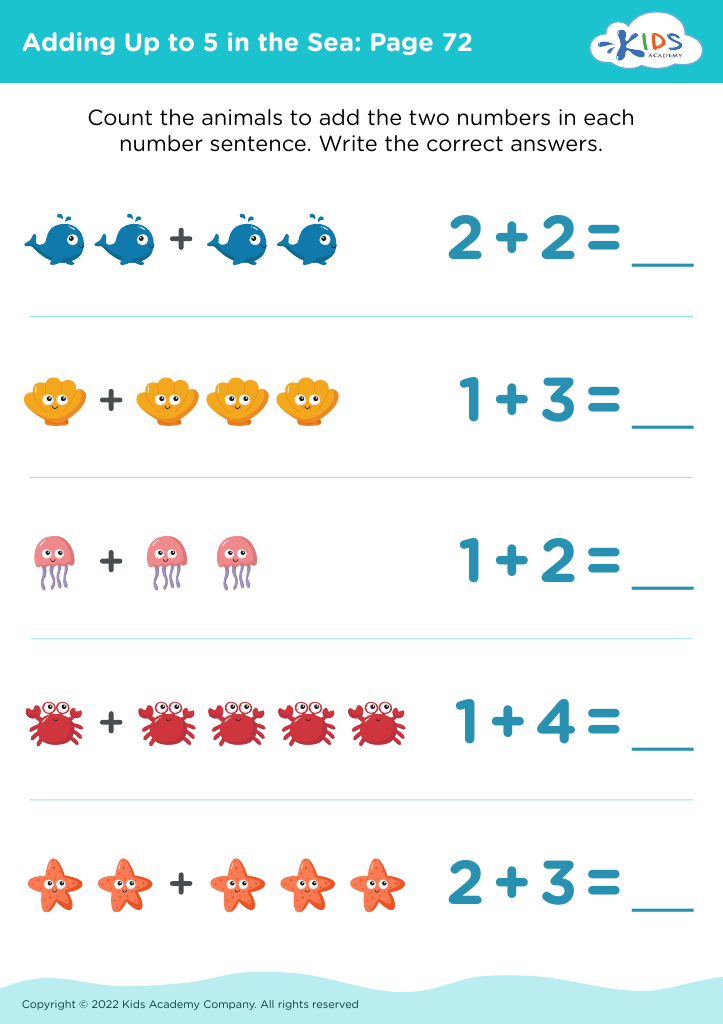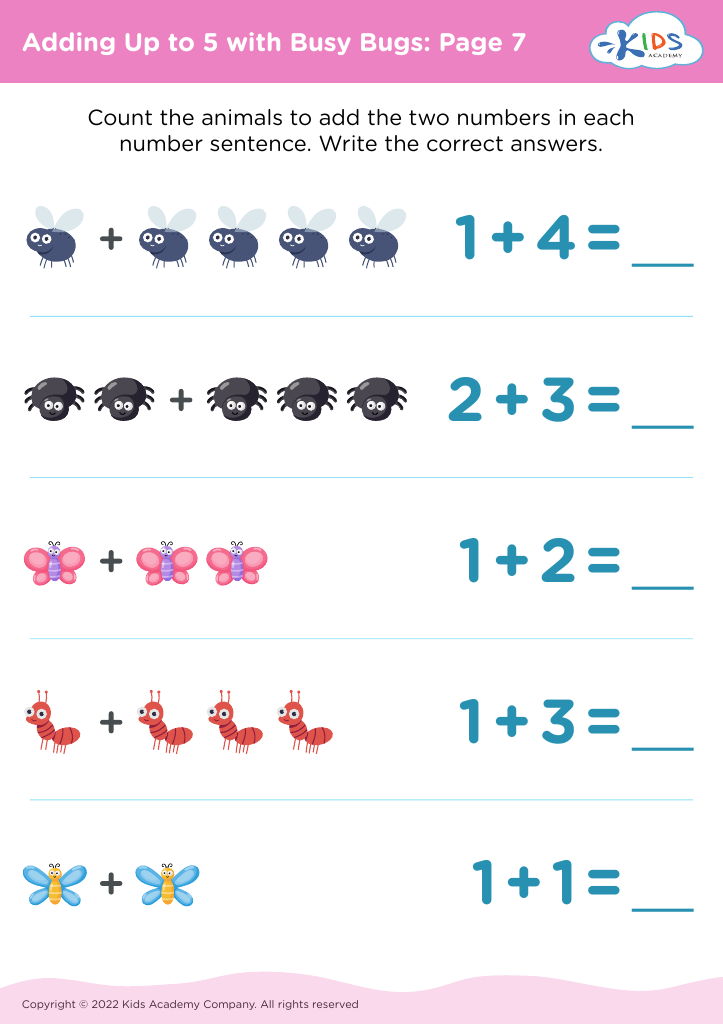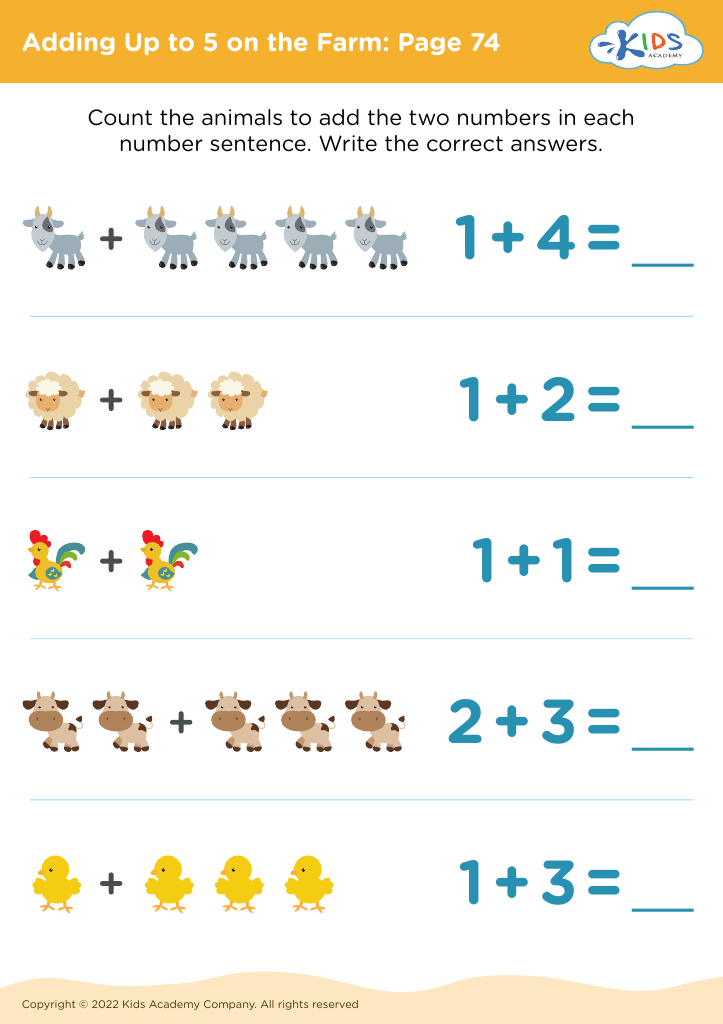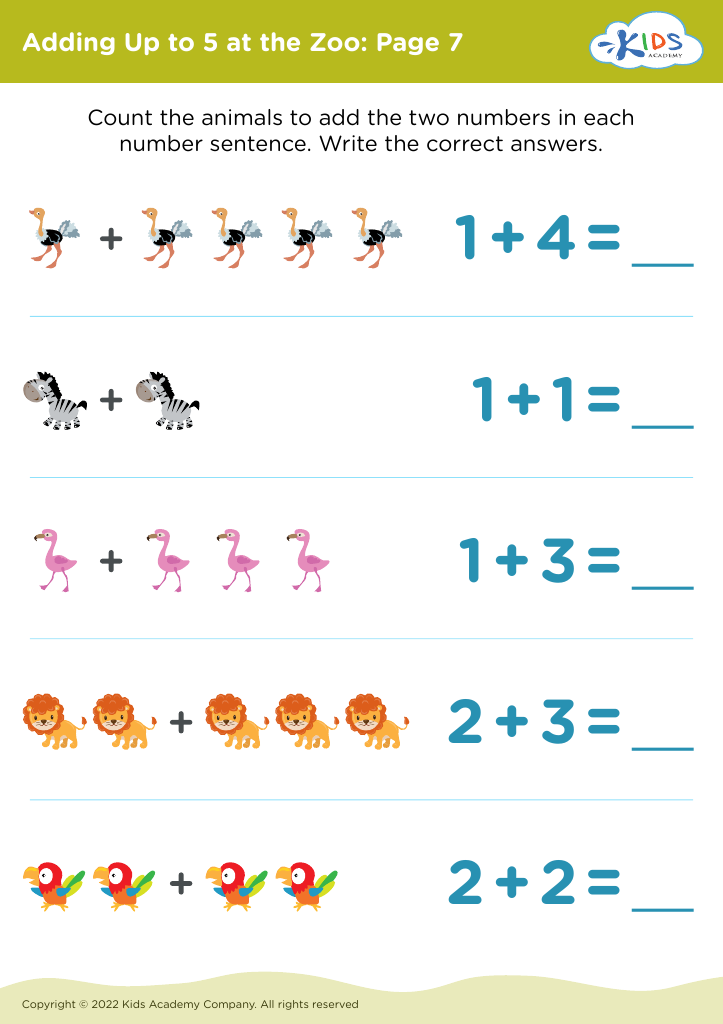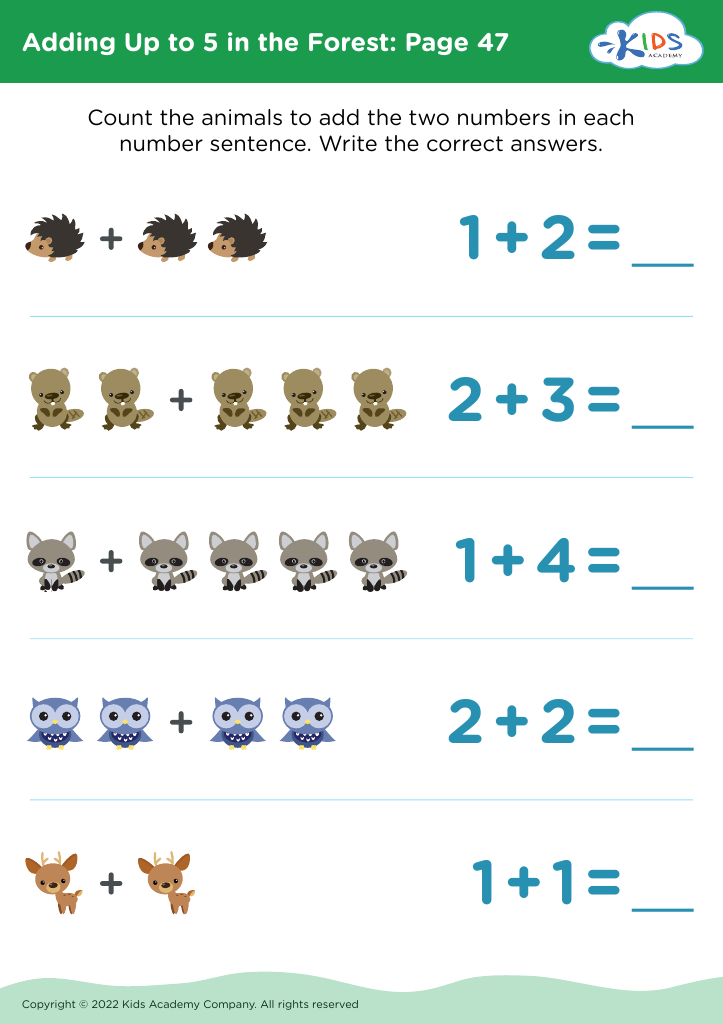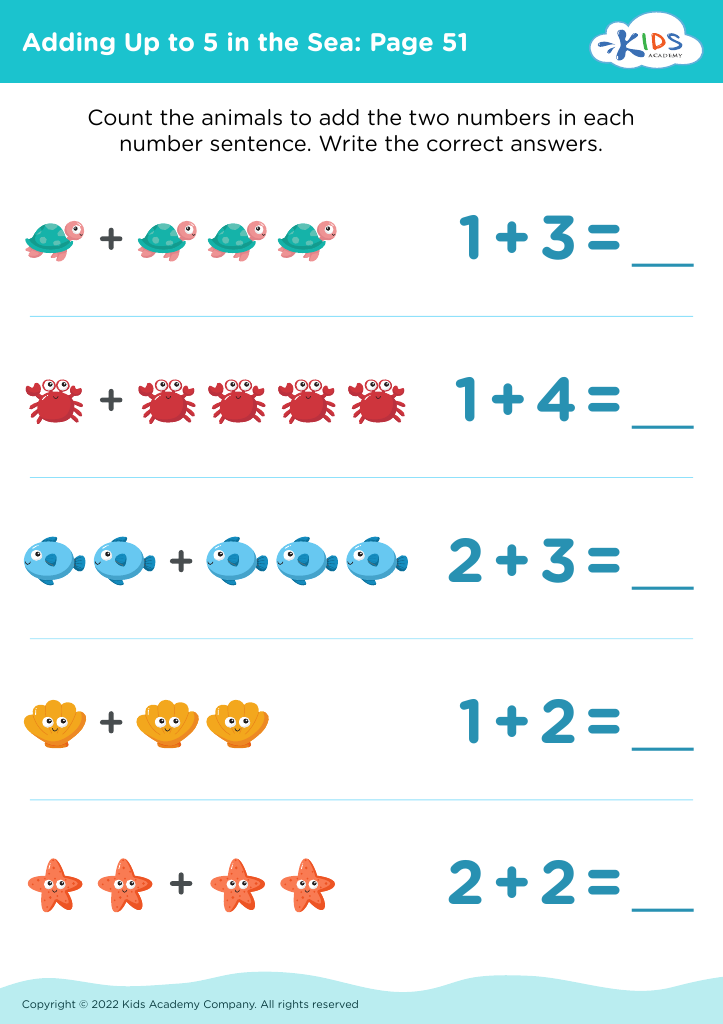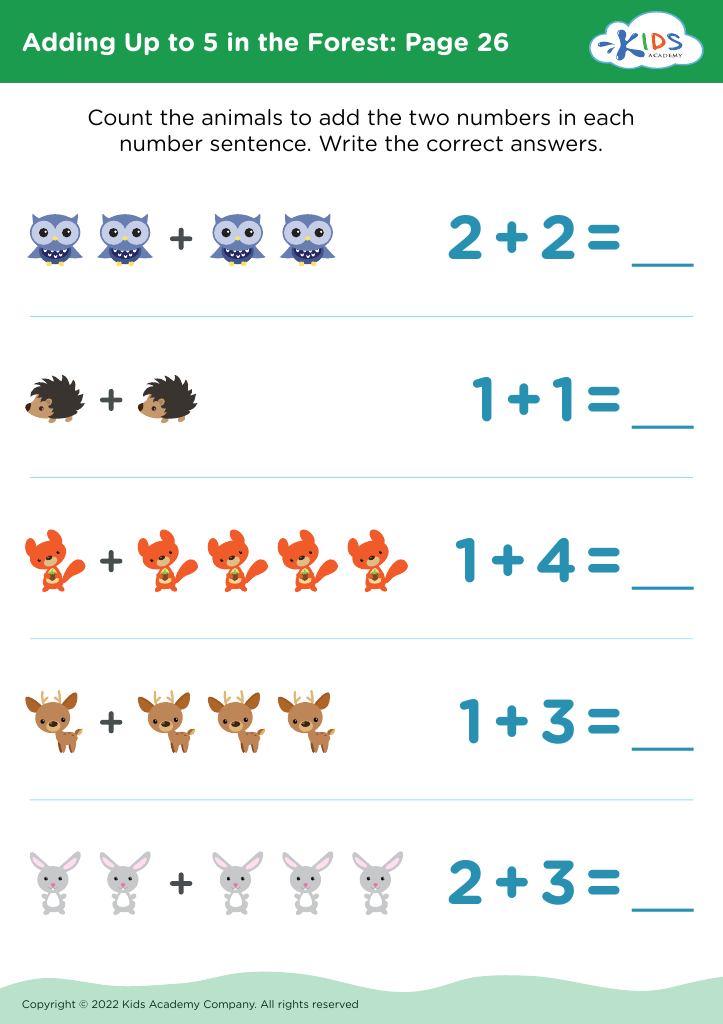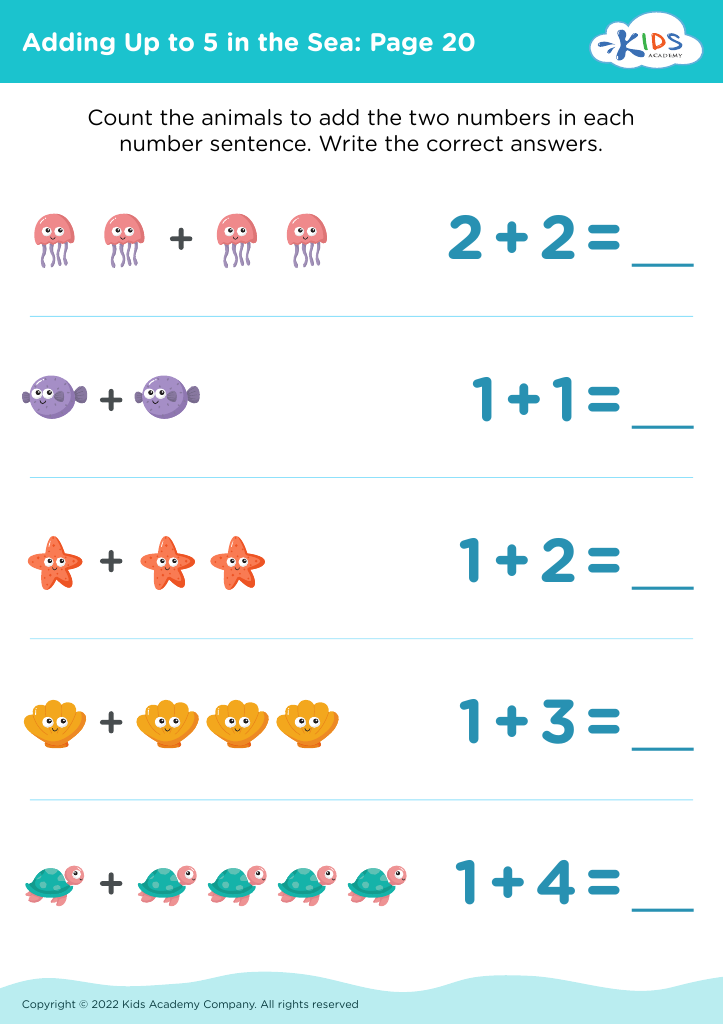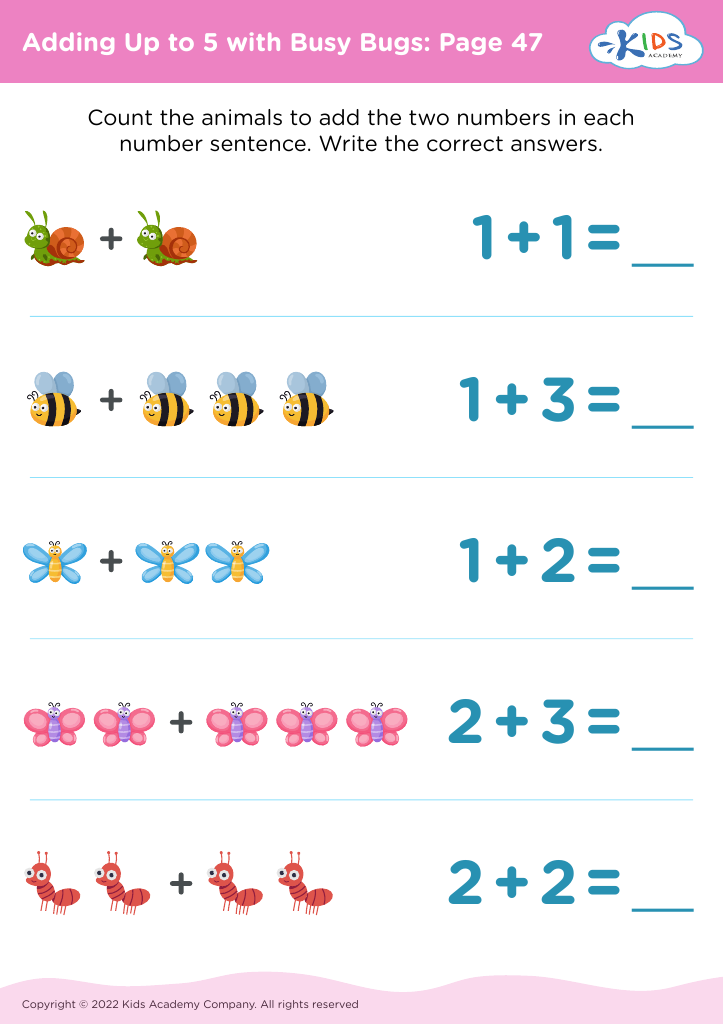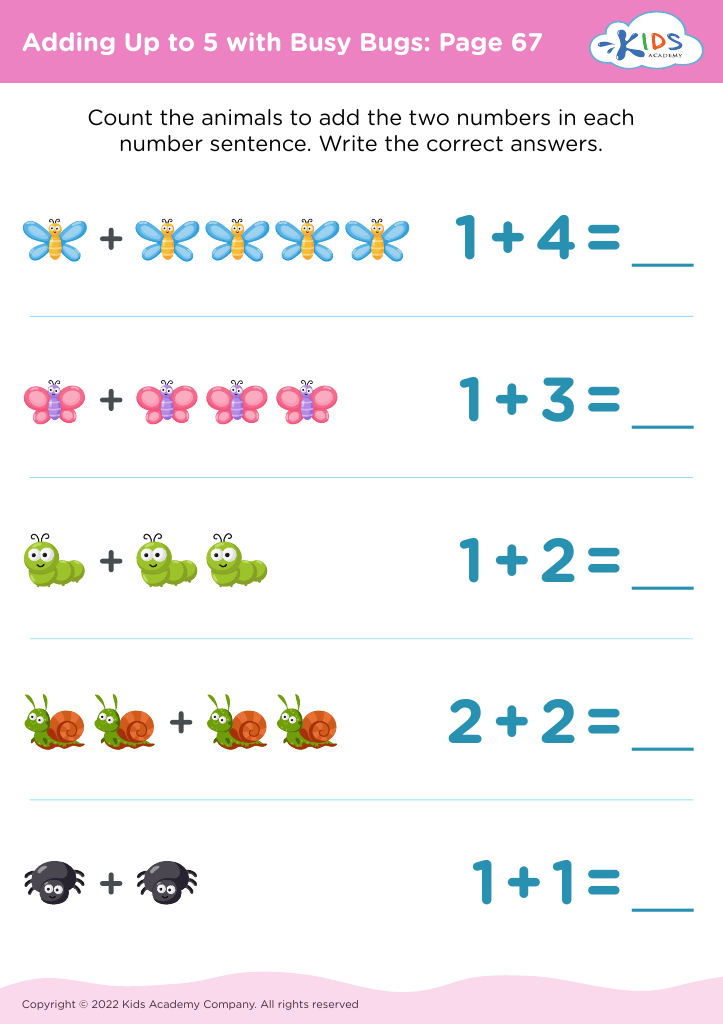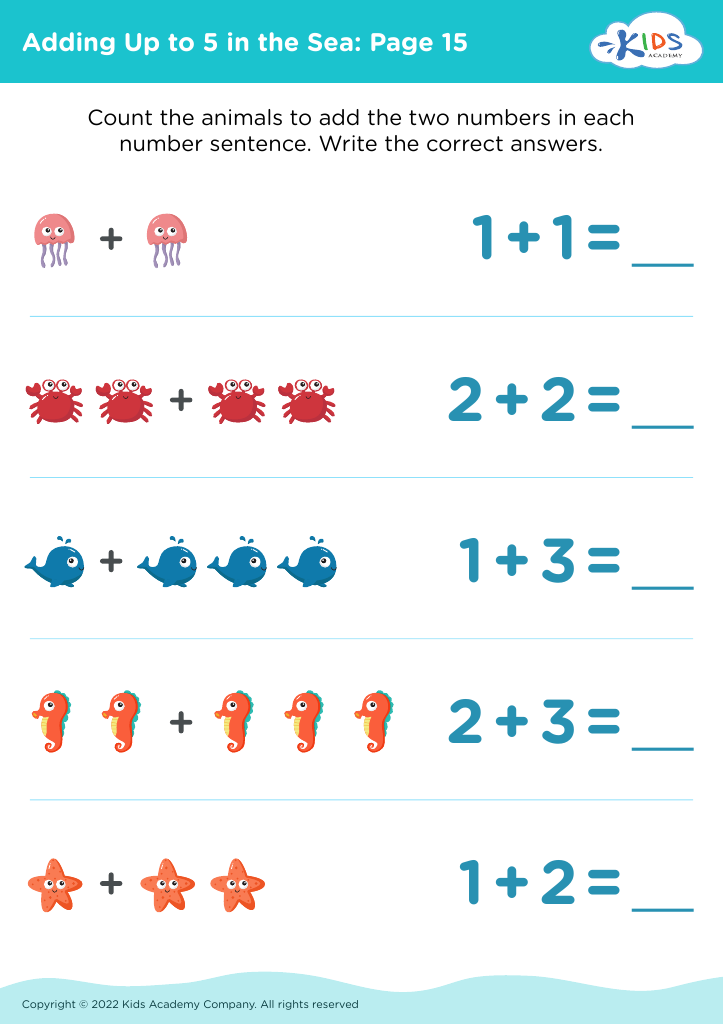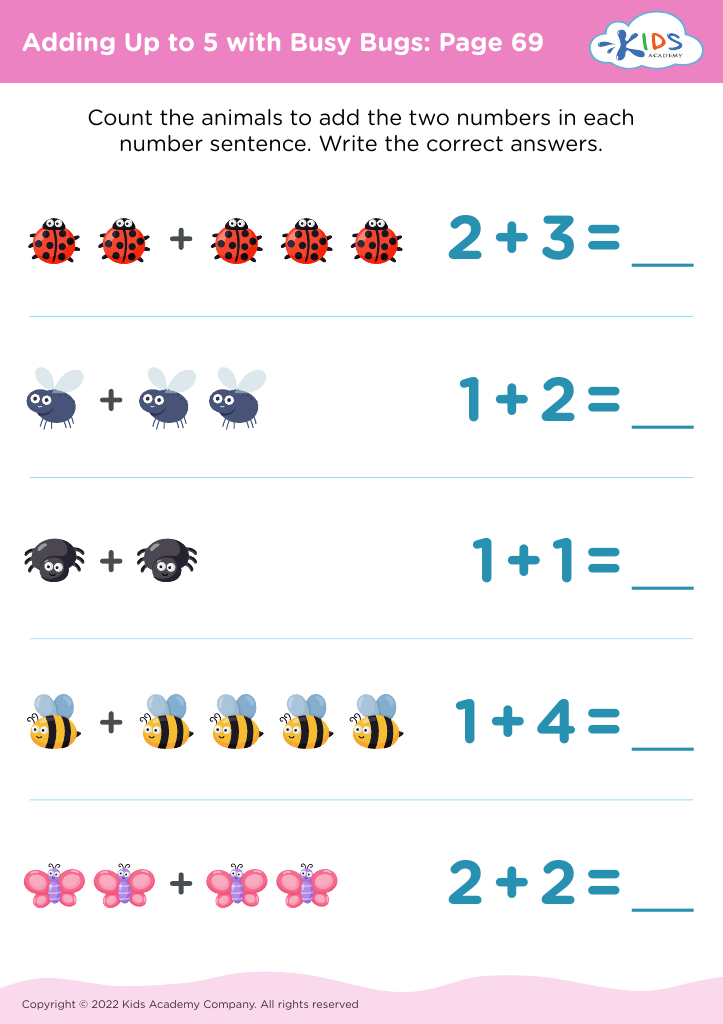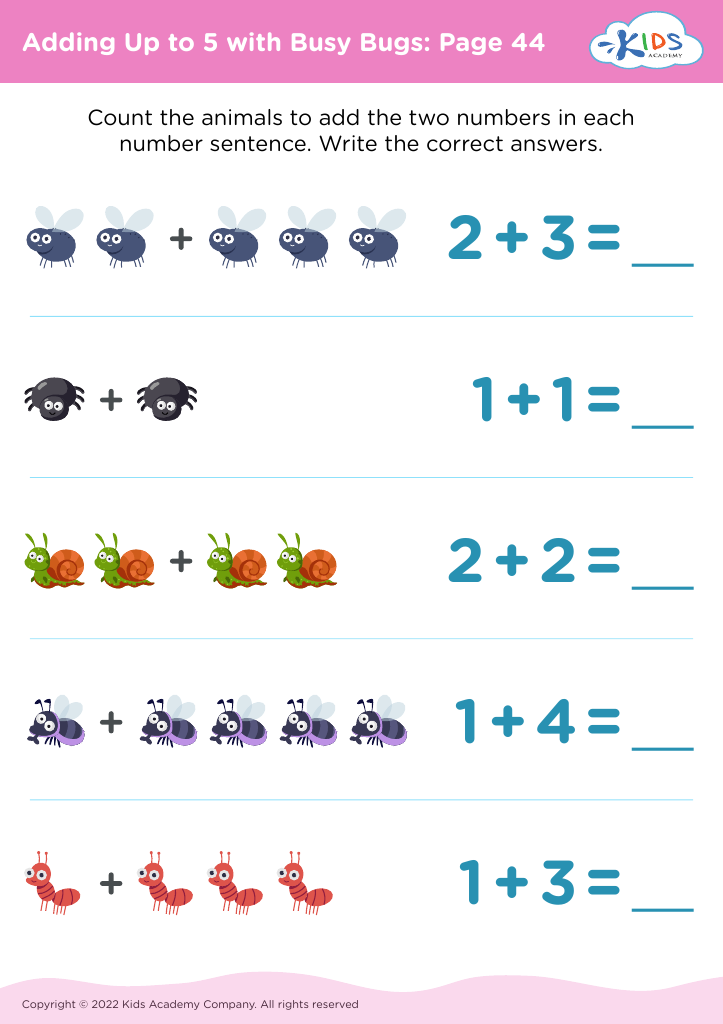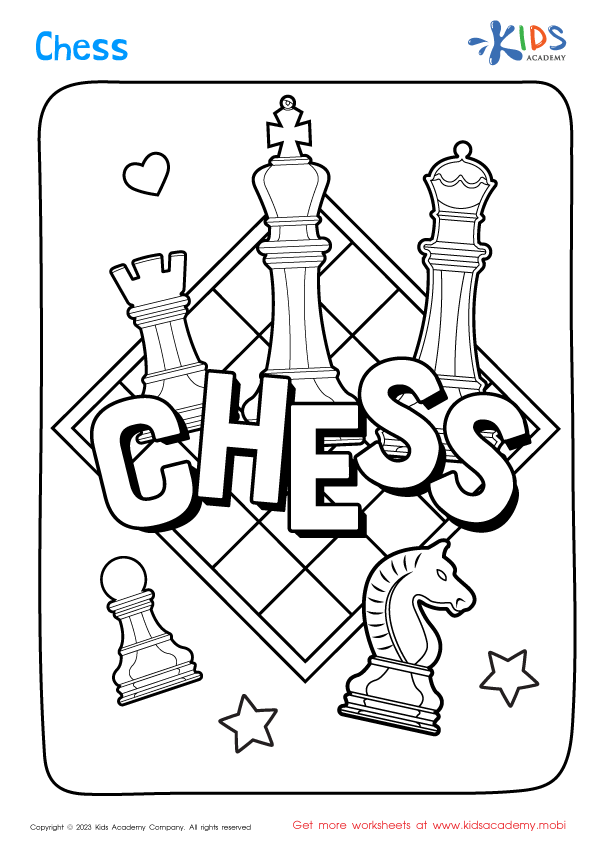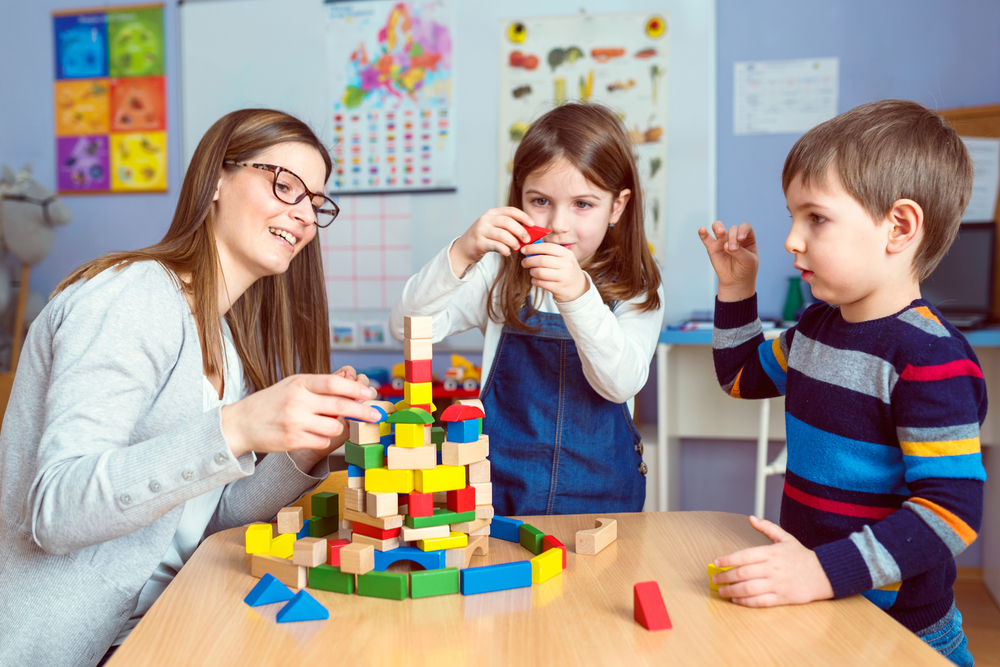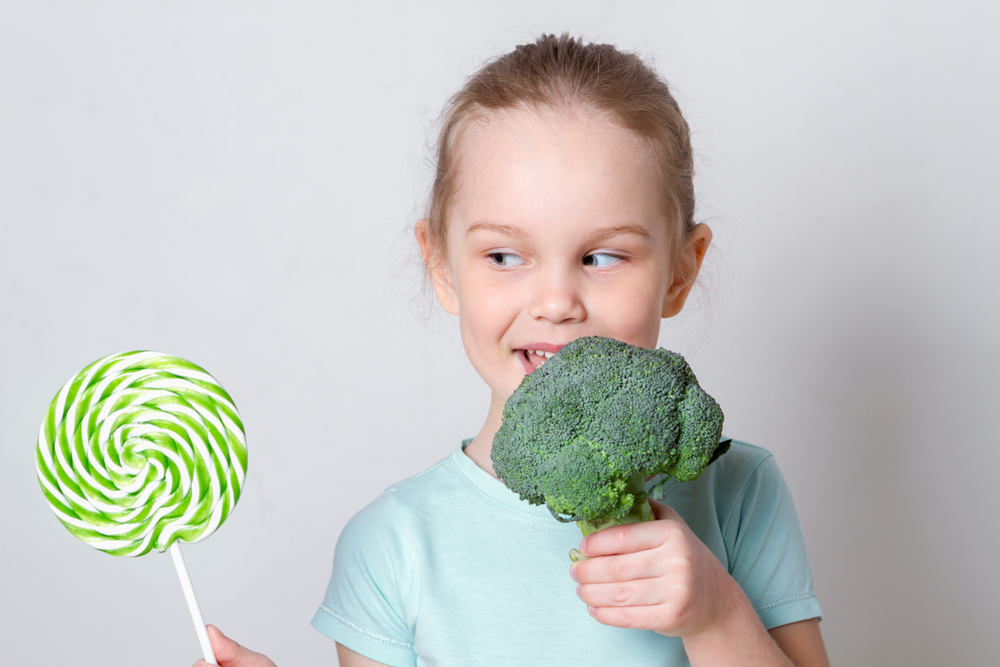Improving concentration Worksheets for Ages 3-4
21 filtered results
-
From - To
Enhance your child’s focus with our "Improving Concentration Worksheets for Ages 3-4." Designed specifically for young learners, these engaging worksheets promote essential skills that help improve attention spans through fun and interactive activities. Each worksheet is tailored to capture the curiosity of children with colorful images and exciting tasks that keep them motivated. From simple puzzles to matching exercises, these resources ensure that learning feels like play. Perfect for homeschooling or classroom use, our worksheets encourage playful learning while reinforcing concentration skills. Help your child thrive and develop a foundation for future academic success with our well-crafted materials!
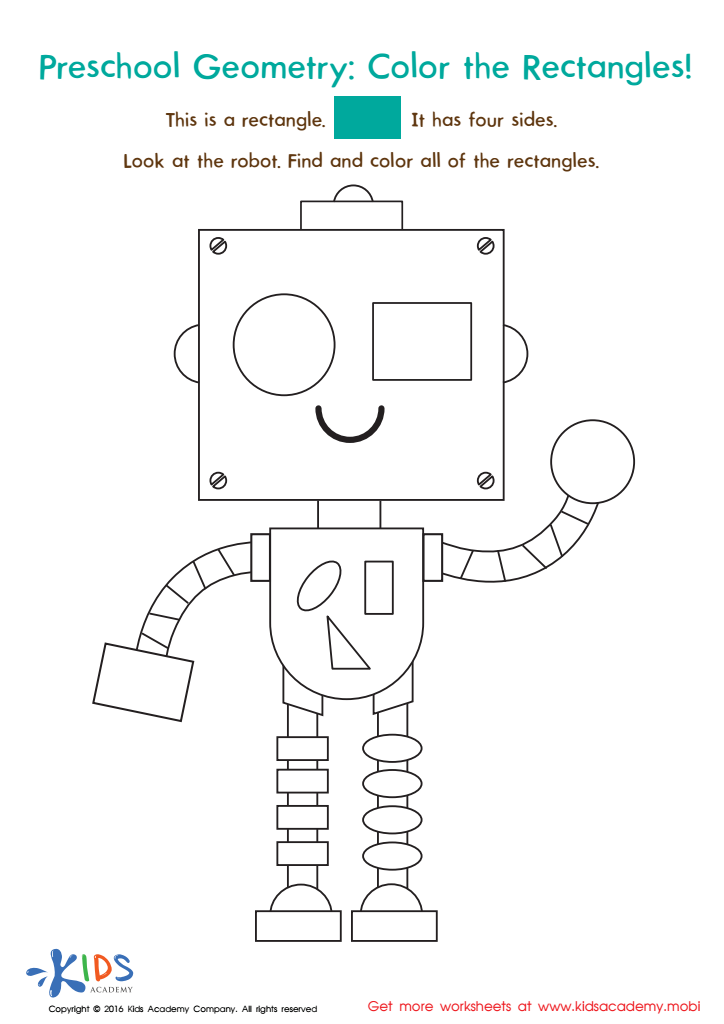

Geometry Worksheet
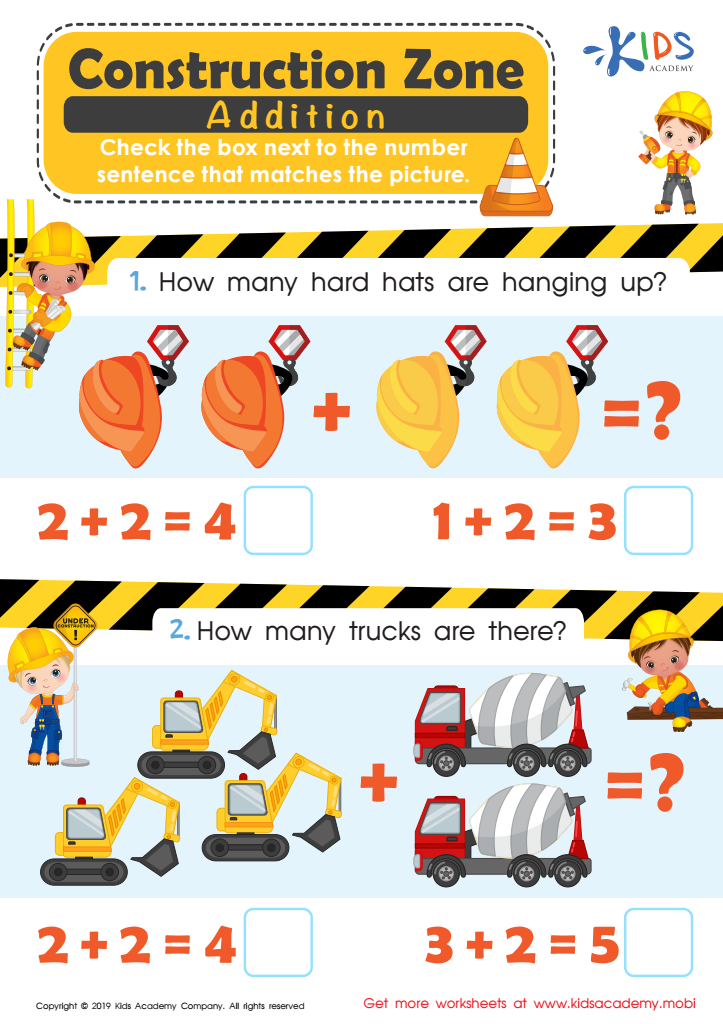

Construction Zone Addition Worksheet
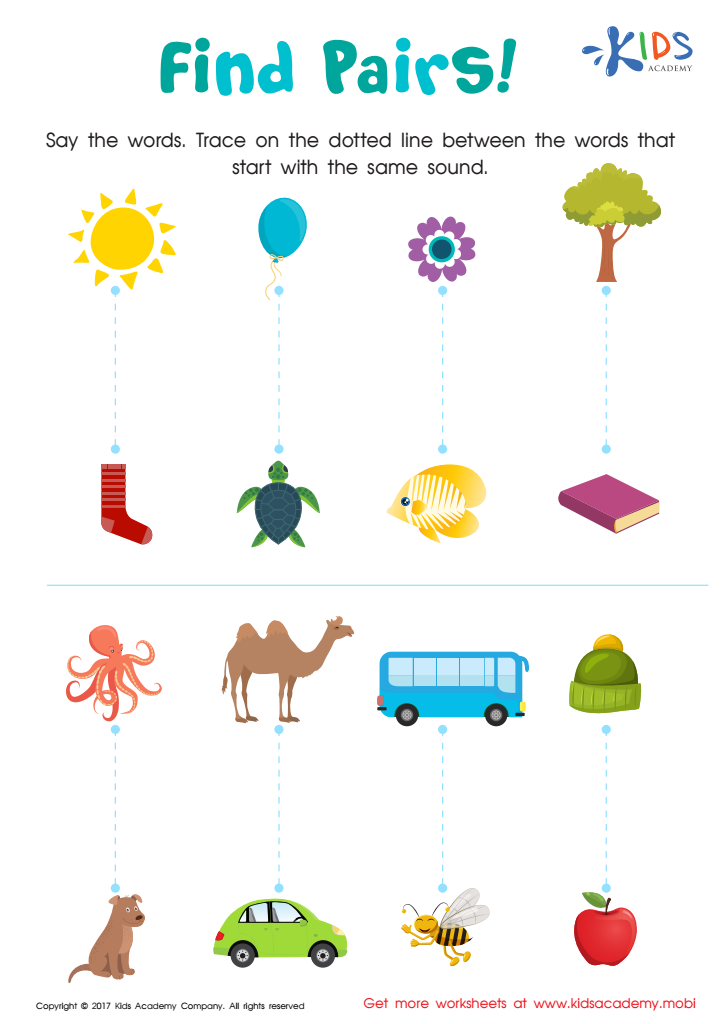

Beginning Sound: Find Pairs Worksheet
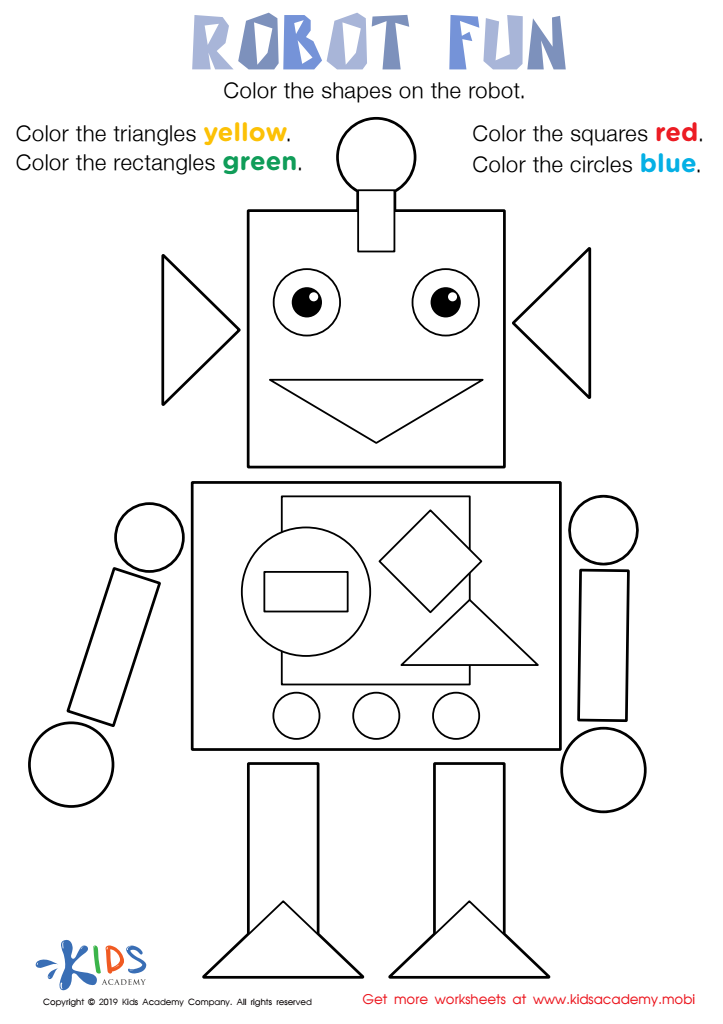

Robot Fun Worksheet
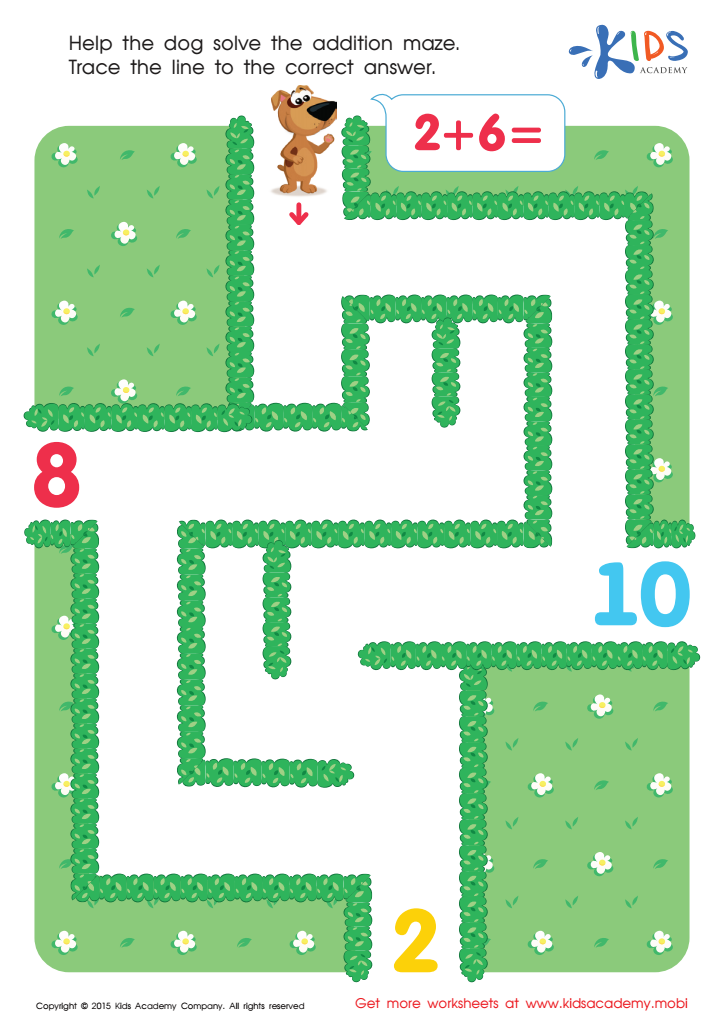

Two Plus Six Addition Worksheet
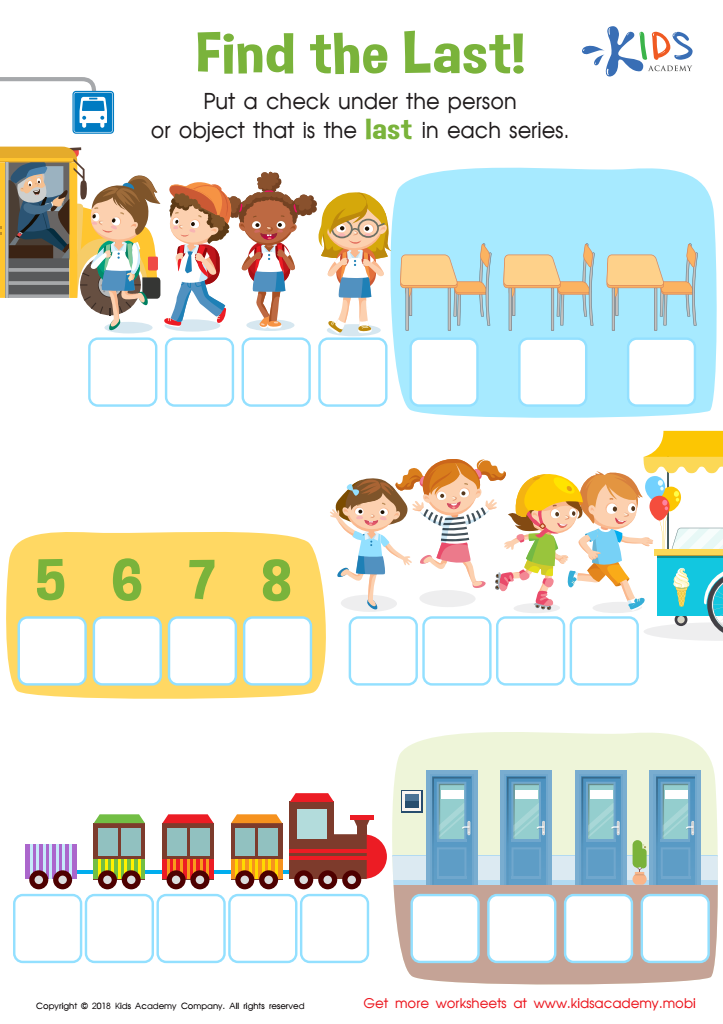

Find the Last! Worksheet
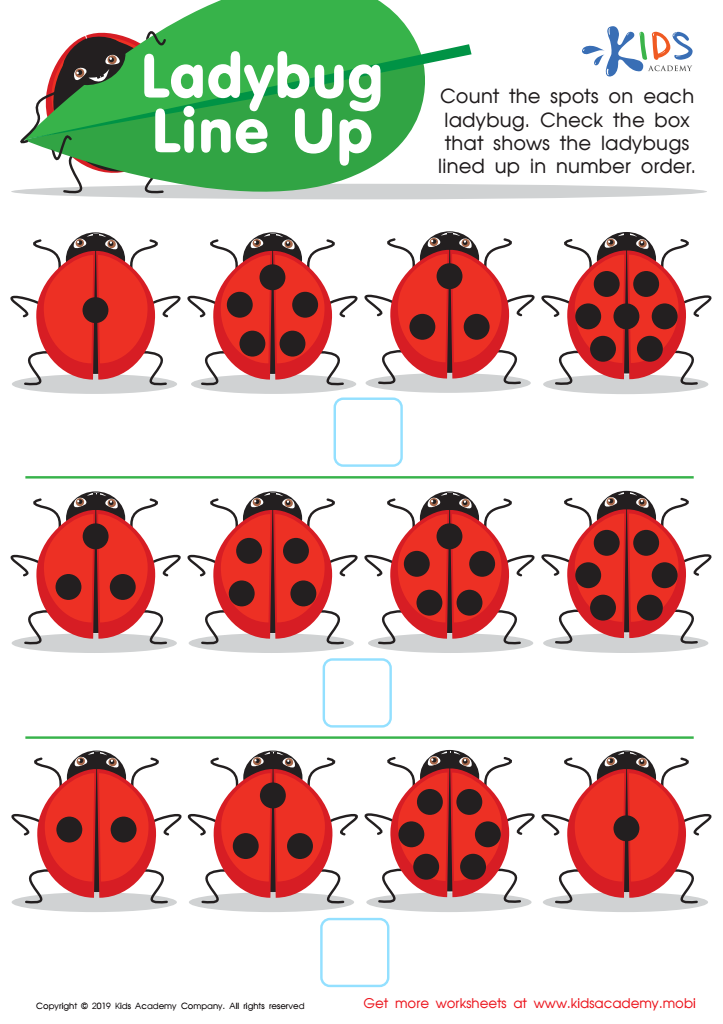

Ladybug Line Up Worksheet
Improving concentration in children aged 3-4 is crucial for their cognitive and emotional development. During these early years, children are in a period of rapid brain development, and fostering their ability to focus sets the foundation for future learning. Concentration skills help children absorb and retain information, enabling them to follow instructions, engage in group activities, and explore their environment effectively. This engagement cultivates curiosity and a love for learning, which is essential in early education.
Moreover, concentration plays a vital role in social interactions. When children learn to concentrate, they can participate better in conversations and collaborative play, developing their communication skills and emotional intelligence. For parents and teachers, enhancing concentration in young children can lead to more successful learning experiences, reducing frustration during tasks and promoting a positive attitude towards education.
Additionally, improved concentration can contribute to better behavior and emotional regulation, as children become more adept at managing impulses and waiting their turn. Engaging children in focused activities through games, storytelling, and hands-on projects can nurture these skills. Overall, prioritizing concentration in the early years lays a solid groundwork for lifelong learning and helps children thrive in various aspects of their lives.
 Assign to My Students
Assign to My Students

